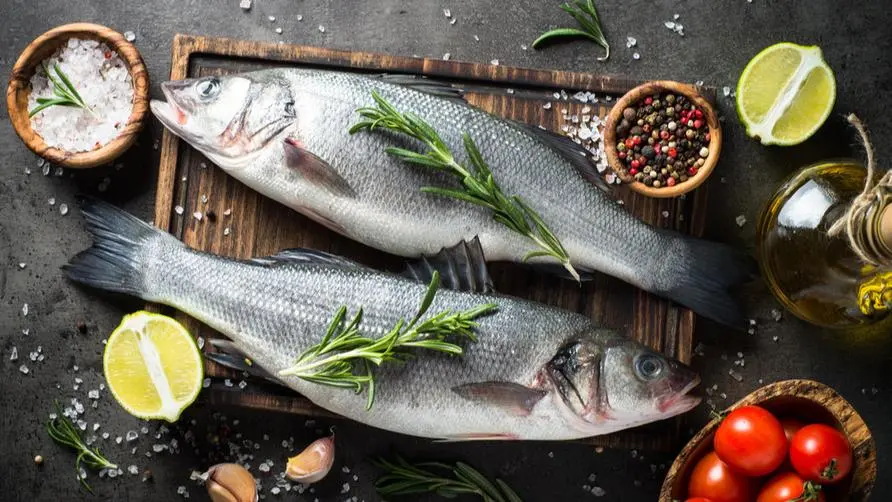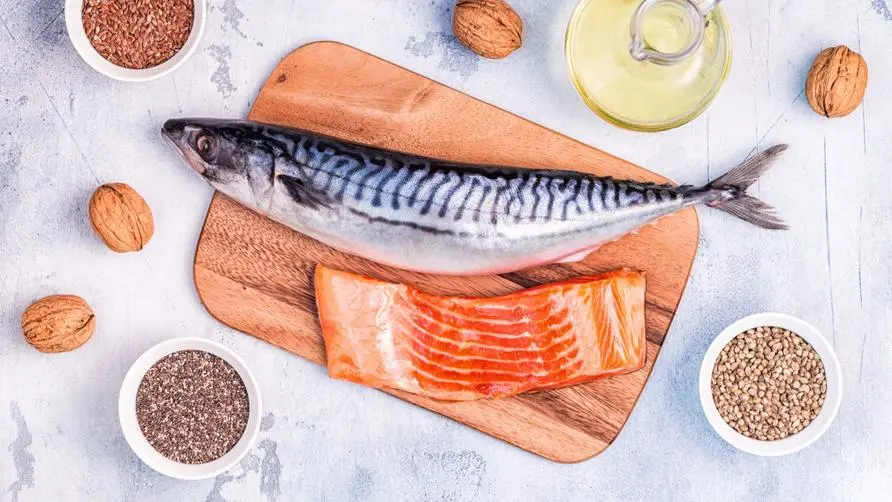Will eating fish really make you smarter? Nutritionists announce the ranking of the "Top 10 Nutritious Fishes": Salmon is not among the top 3

Instead of supplementing nutrition through health foods such as fish oil, why not eat more “deep-sea fish” to supplement DHA and EPA? Nutritionist Gao Minmin pointed out through a social post that elders often say “eating fish will make you smarter”. The main reason is that fish is rich in Omega-3 unsaturated fatty acids; DHA among them helps children’s brain and vision development. It delays brain and vision deterioration in adults. EPA has anti-inflammation, prevents thrombosis, protects cardiovascular, and reduces the risk of chronic diseases.
Dietitian Gao Minmin said that not only children need the nutrition of fish. If adults feel that their cognitive functions have declined, their work efficiency has decreased, or they even have difficulty concentrating, they may wish to moderately consume the following 10 types of fish to supplement adequate amounts of DHA and EPA (the following is the value per 100g):
1. Mackerel
DHA: 4,503mg / EPA: 2,851mg
2. Saury
DHA: 2,548mg / EPA: 1,407mg
3. eel
DHA: 1,218mg / EPA: 649mg
4. Salmon
DHA: 893mg / EPA: 1,270mg
5. Ayu
DHA: 547mg / EPA: 280mg
6. Grouper
DHA: 516mg / EPA: 206mg
7. Horse mackerel
DHA: 388mg / EPA: 208mg
8. White Pomfret
DHA: 323mg / EPA: 117mg
9. Milkfish
DHA: 163mg / EPA: 37mg
10. Tuna belly
DHA: 105mg / EPA: 35mg
In addition, Gao Min Min nutritionist also emphasized that in addition to DHA and EPA, fish is also rich in the following nutrients:
High-quality protein: Improve immune cell health and strengthen muscles.
Low in saturated fat: Keep blood vessels open and reduce cardiovascular disease.
Vitamin E: Anti-aging, antioxidant, blood vessel protection, skin moisturizing, and smooth hair.
Nutritionist Gao Minmin said that the fiber structure of fish is shorter, so it is easier to chew, swallow, digest and absorb for human use than other meats. The Taiwan Food and Drug Administration also recommends that the amount of fish eaten can be adjusted according to age. For example, 1-3 years old should consume 2 servings per week, 4-6 years old should consume 3 servings per week, and pregnant women can consume 7-9 servings per week (1 serving: about the size and thickness of 3 fingers pressed together).
However, nutritionist Gao Minmin reminds that if you want to eat fish with high oil content, such as shark, swordfish, tuna and oily fish, you should pay attention to pregnant women and women of childbearing age and should not exceed 1-2 servings per week. Those under 6 years old should not eat more than 1-2 servings per week. Children should not take more than 1 serving per month. Finally, nutritionist Gao Minmin advises the public that both deep-sea fish and freshwater fish are rich in nutrients and can be consumed in place of red meat and high-fat meat to maintain basic health of the body.
Further reading:
What to do about gastroesophageal reflux? Can nutritional intake be improved? Avoid 6 Mine Foods





